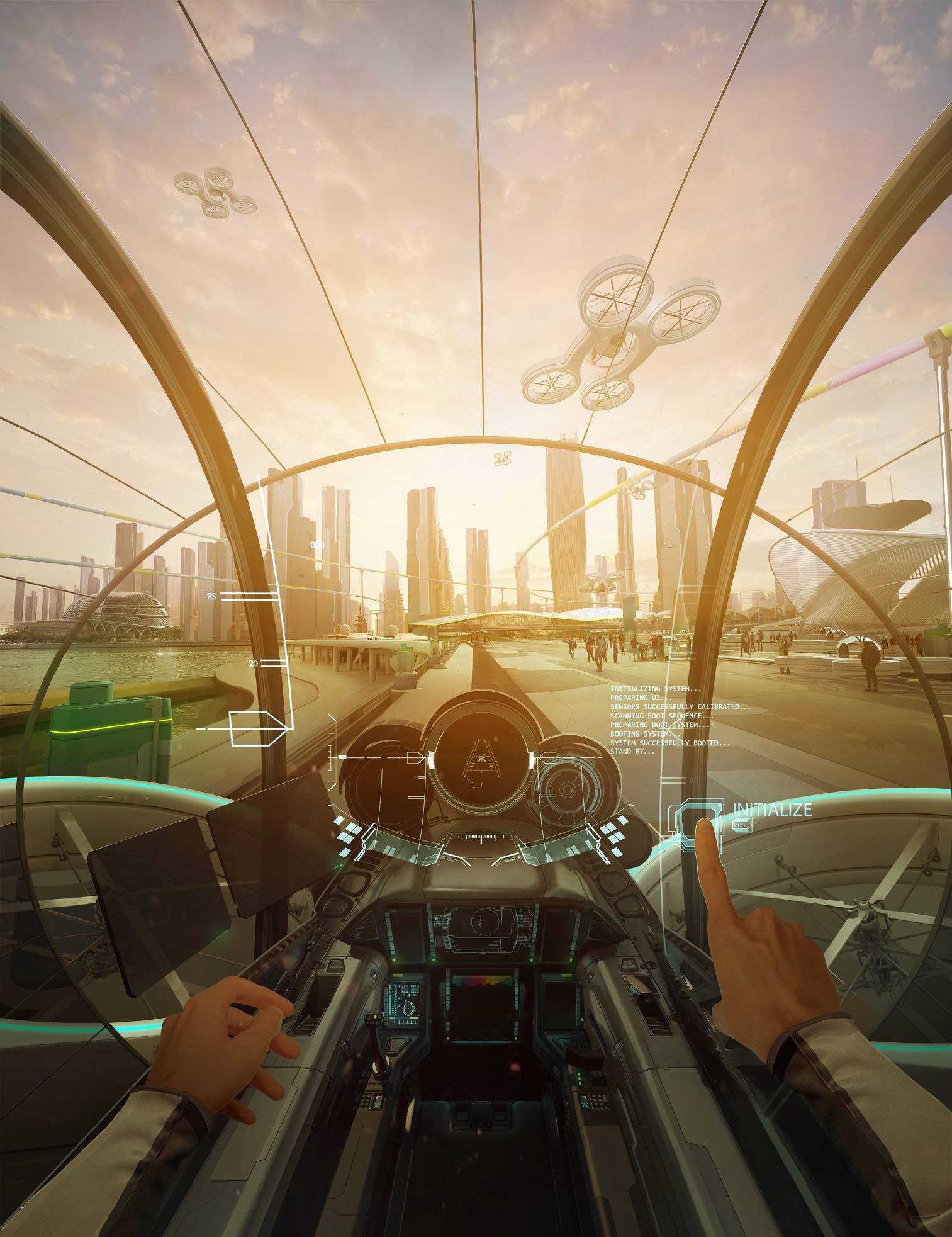HP and NVIDIA have teamed up with Autodesk, Fusion, Launch Forth, Technicolor, Unreal Engine and VIVE to launch HP Mars Home Planet. This is a global project to experience, through virtual reality, what a human population of one million could look like on Mars. From buildings, vehicles, farms and clothing, this co-creation project of professional creatives from around the world explores how life could be sustained on the red planet given its climate and atmospheric challenges.
The HP Mars Home Planet project advances work initially done for Mars 2030, a virtual reality experience created by Fusion with the National Aeronautics and Space Administration (NASA). Now, HP and its partners are uniting engineers, architects, designers, artists and students to imagine, design and experience humanity’s future on Mars through VR.

“In 2016, we conquered the International Space Station with our HP ZBook Workstations, powered by NVIDIA Quadro graphics, and now we have our sights set on Mars,” said Gwen Coble, director, Workstations, Thin Clients, Retail Solutions and Immersive Computing, EMEA, HP Inc. “Through HP and partner technology, we are unleashing engineers, architects, designers and students to help anticipate and solve the real world problems we’ll face to inhabit Mars one day.”

The project looks beyond 2030, to a time in the future where there are families and communities living on Mars. The goal of the project is to engage creative thinkers to solve some of the challenges of urbanization on the red planet. Ultimately, through the VR experience, people here on earth will be able to experience what life on Mars might be like.
The three phases of the year-long program start with the Home Planet’s Mars Urbanization Challenge, where participants will focus on transportation and infrastructure concepts for a specific location. NASA identified Mawrth Vallis – Mars Valley in Welsh – as a potential landing site on Mars. Following the concepting phase, 3D modeling and rendering will be completed – resulting in a virtual reality experience of life on Mars.
Participants of the project will use Autodesk software to design 3D models of Martian buildings, cities, vehicles and infrastructure. With creative and technical leadership from Technicolor, creators will then use Unreal Engine to create a virtual reality simulation of what life on Mars could be like for one million people. The environment will build on Mars Valley terrain from Fusion’s “Mars 2030” game, which is based on NASA research.
HP Mars Home Planet is produced and managed by Launch Forth, a product development community made up of designers, engineers and solvers, working together to develop solutions to design and engineering challenges big and small, enabling participants to team up and collaborate to solve challenges.
The Advisory Board of HP Mars Home Planet includes Marcie Jastrow, SVP of Immersive Media and head of the Technicolor Experience Center, Ted Gagliano, president of Post Production for Twentieth Century Fox, Ted Schilowitz, futurist at Paramount Pictures, Jen Dennis, head of VR at RSA Films, and Joaquin Ruiz, dean of the College of Sciences at the University of Arizona.
HP Mars Home Planet is part of HP’s newly announced VR strategy which is focused on enabling brands to reimagine how they innovate and engage customers.





